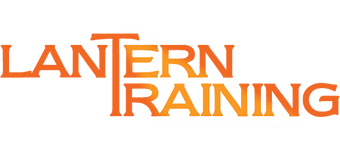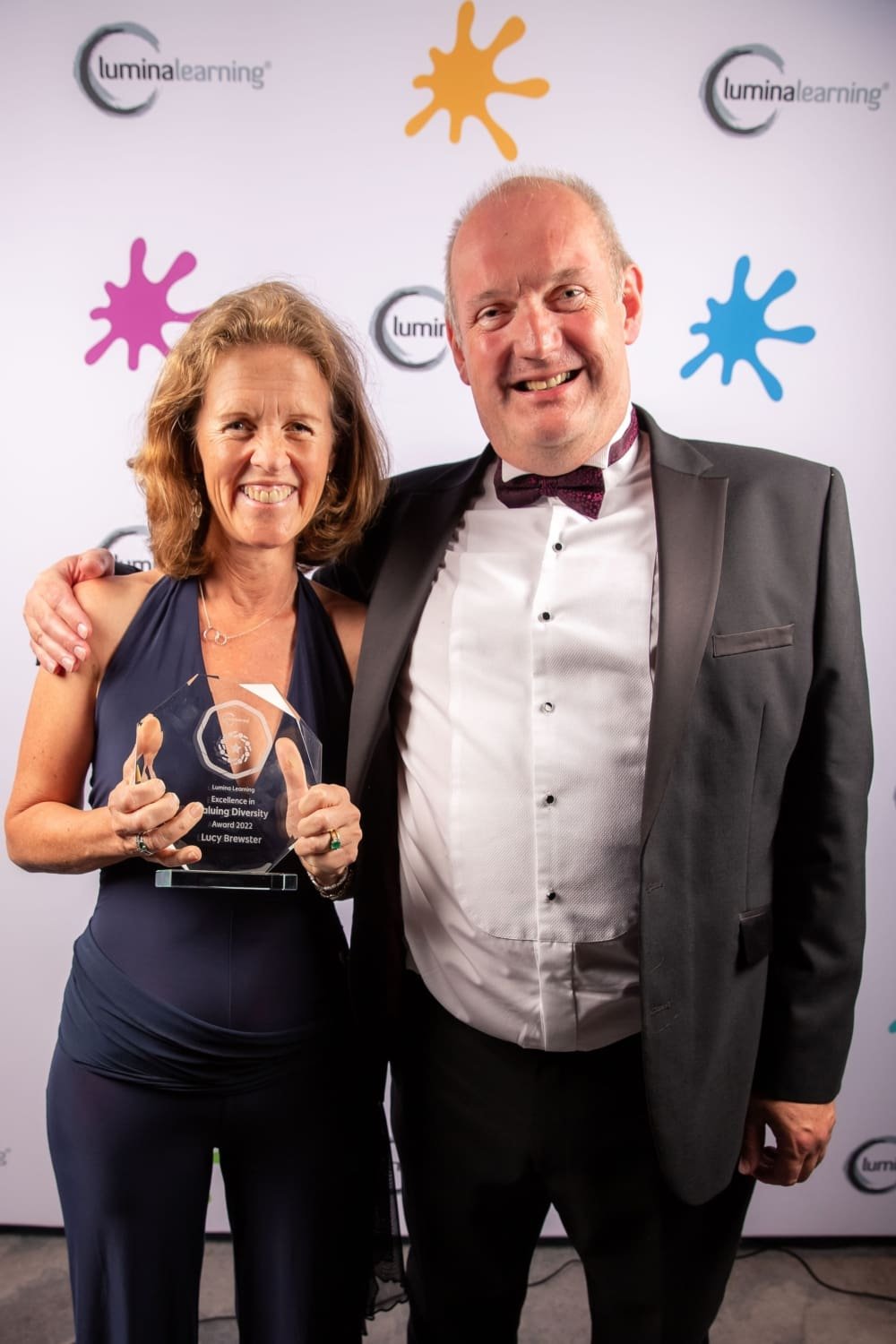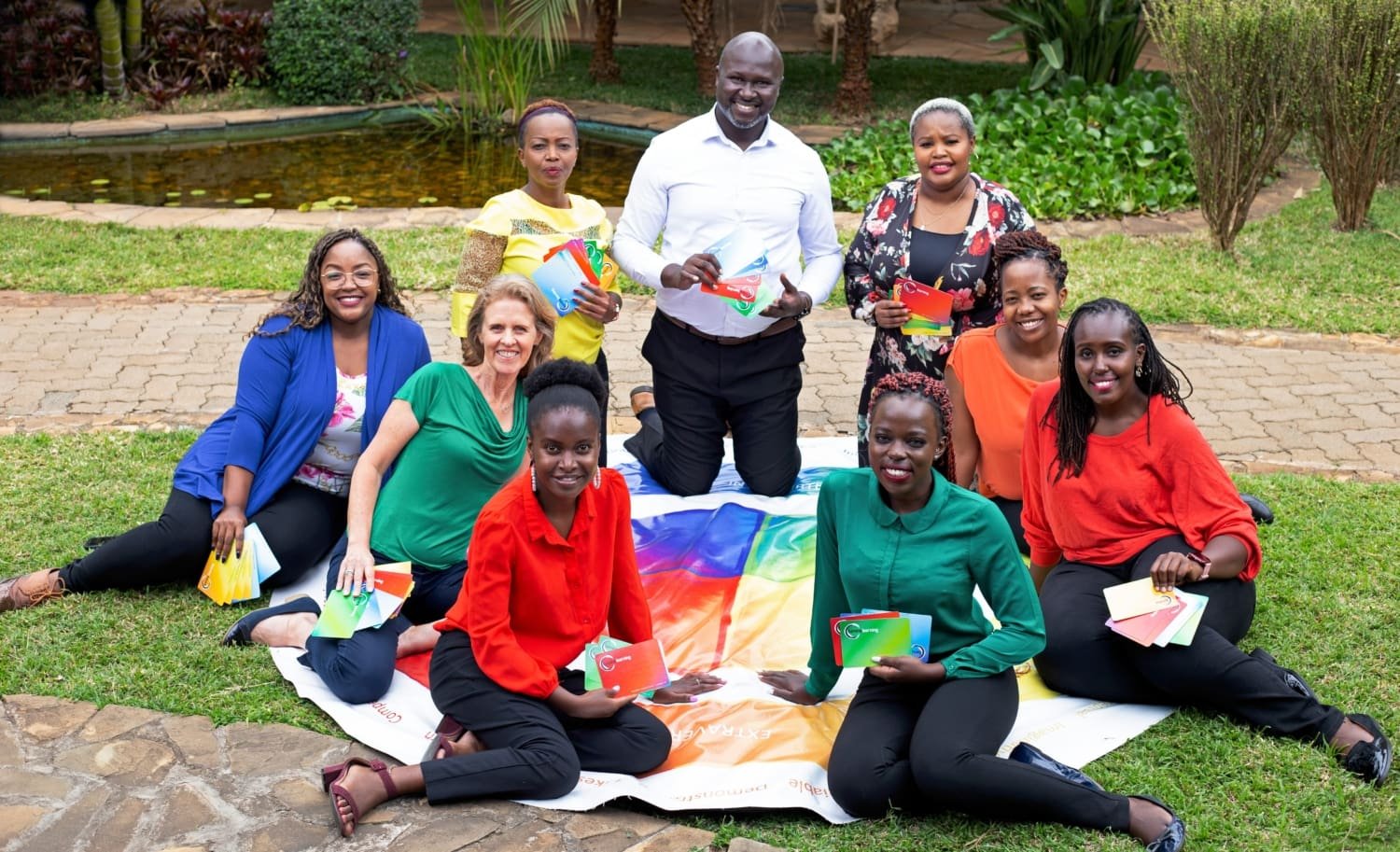Success today requires the agility and drive to constantly rethink, reinvigorate, react, and reinvent. Bill Gates
For new businesses and start-ups, agility can be easier because they are more flexible. They don’t have many processes and are not more traditional in their ways of doing compared to more established businesses.
We are not saying that well established businesses cannot be agile. It’s very possible for them if they are strategic in doing so. They can even become more agile than expected.
Agility has been embraced by various organisations to drive change across their people and their leadership structure. In one global study, 94% of companies say that collaboration and agility are critical to their success. Another report shows that companies with highly-agile executives have 25% higher profit margins than their peers.
So, what is agility?
As defined by Agile Alliance, agility is the ability to create and respond to change in order to succeed in an uncertain and turbulent environment. It means organisations that are dynamic and move along with the changes in their industry.
An agile organisation is one that is stable at its core but can quickly change to meet any needs of the environment.
What is the importance of agility?
- An agile organisation is more likely to be innovative. This is because they are more likely to think outside the box and outside the established ways of doing things. A lot of businesses will focus so much on attempting to be innovative, but they don’t think about agility. To have one, it’s almost always necessary to have the other.
- Creates an agile culture in the organisation. Employers need to work on ensuring that they cultivate behaviours that exemplify agility. For example being adaptive to change, creative and easily able to move along as change occurs are all values of an agile organisation.
- Leads to better organisation of staff. This is a concept important to agility in the workplace. Staff come together when needed and in ways they see appropriate for specific situations rather than following the traditional ways. They create an opportunity for brainstorming and discussions.
- Helps organisations stay focused. Sometimes a business isn’t able to be agile nor innovative because it’s so bogged down in the details. Rather than focusing so much on the unnecessary details, it can be valuable to focus on a few primary, critical objectives. These don’t necessarily have to be long-term. Often in agile organisations, the approach is more short-term when it comes to specific objectives.
- Leads to accelerated delivery. They say if you want something done fast, give it to a busy person. How many of you need to get things done faster? Now significantly multiply that need for speed when you’re dealing with a crisis scenario. Agility helps us deliver faster and efficiently because people look for faster and easier ways of handling tasks.
- Agile organisations increase their productivity. Many of us are trying to do more with less. When times are tough and budgets are cut, agile and lean businesses can still deliver on their promises.
Agility and Growth Mindset
For an organisation to achieve agility, there is great need to adopt a growth mindset, which is very different from a fixed mindset. Here are some differences between the two:
Fixed mindset | Growth mindset |
| Avoids failure | Desires continuous learning |
| Desires to look smart | Confronts uncertainties |
| Avoids challenges | Embraces challenges |
| Sticks to what they know | Not afraid to fail |
| Feedback and criticism is personal | Puts lots of effort to learn |
| They don’t change or improve | Feedback is about current capabilities |
Agility for Individuals and Teams
Organisations need people in order to succeed. In the same way, agility in organisations cannot be achieved if the individuals and teams in these organisations are not agile. Below is an outline of ways an individual can integrate agility in their daily life:-
- Set goals. Give your life a direction by creating and setting goals. Ask yourself what you want to achieve at the end of every week, month, and year.
- Be flexible and innovative. Identify the barriers that prevent you from hitting your target and change your strategy if there is a need to.
- Plan ahead. Spending a few minutes managing your schedules and checking your progress won’t hurt your time. Planning ahead can be a life-changing habit, so make this a routine!
- Manage goals. Make your goals manageable. By breaking your goals into chunks, you’re making them more realistic and achievable.
- Be committed to your tasks. Block out a specific time in a day or week to work on your tasks. Know what needs to be done, what needs to be fixed, and what your goal for every task is. Make this a habit and stick to it.
As a team, agility can be achieved through some of the following practices:
Acceptance — As teams work on new projects or solutions, there can be a lot of challenges on the way. If things don’t work out the way they should, it’s important to identify the reason behind it, accept the failure and then think of a new way to avoid the same failure from happening again. Don’t hesitate to change approach if required.
Trust —Team leaders can help establish trust by creating a workplace where everyone feels comfortable about sharing their new ideas, and giving their opinions with openness and respect.
Communication. Agile teams don’t think alike and everyone has a different idea. When these ideas are shared and discussed in one room, it can spark curiosity and creativity to the team.
Patience. Agile teams do not need to rush into things at the expense of seeing the greater outcome. They should trust the time and the process as they are working on a common goal and success.
Learning. Agility is innovation and openness to new information. Agile teams should be encouraged to think outside the box and work closely with their clients so that they can innovate and find better solutions to the clients’ needs.
Our goal is to increase your organisations ability to adapt to the changing times and prepare teams to respond to these changes.
How is your organization fostering agility?


 Lantern Training, one of Kenyan’s leading people development and training firms has just scooped the global award for ‘Excellence in Valuing Diversity’, awarded by Lumina Learning: a world-leading provider of highly innovative psychometrics.
Lantern Training, one of Kenyan’s leading people development and training firms has just scooped the global award for ‘Excellence in Valuing Diversity’, awarded by Lumina Learning: a world-leading provider of highly innovative psychometrics. thrilled to be recognised globally for the work we do here in Kenya to unify teams and to help people work better together. In all our programmes, we strive to help teams understand the importance and value of diversity, helping them to understand their own unique strengths and challenges and to appreciate the uniqueness that each person brings to the team”.
thrilled to be recognised globally for the work we do here in Kenya to unify teams and to help people work better together. In all our programmes, we strive to help teams understand the importance and value of diversity, helping them to understand their own unique strengths and challenges and to appreciate the uniqueness that each person brings to the team”. Lantern Training is a leading light in this field, working across East Africa with many international NGOs and commercial organisations. Lucy continues “With more than 25 years’ experience in leadership, communications, soft skills, and training, we focus on helping to build the soft skills that today’s workforce needs to develop professional, productive, trusting, and enduring relationships with customers, managers, peers, teams, and stakeholders. We aim to get to the heart of organisational and perfomance challenges, identifying the skill gaps of teams and developing tailor-made programmes to really impact the reputation of brands and the long-term growth of organisations”.
Lantern Training is a leading light in this field, working across East Africa with many international NGOs and commercial organisations. Lucy continues “With more than 25 years’ experience in leadership, communications, soft skills, and training, we focus on helping to build the soft skills that today’s workforce needs to develop professional, productive, trusting, and enduring relationships with customers, managers, peers, teams, and stakeholders. We aim to get to the heart of organisational and perfomance challenges, identifying the skill gaps of teams and developing tailor-made programmes to really impact the reputation of brands and the long-term growth of organisations”.
